Gastroenterology
Home / Gastroenterology
Gastroenterology Clinic in Newtown, Kolkata
Consult Best Gastroenterologists in Newtown, Kolkata

Dr. Rahul Samanta
Consultant Gastroenterologist
M.D. (Medicine)
DNB (Gastroenterology)
Hepatologist
GI Endoscopist
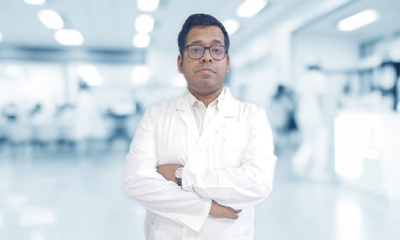
Dr. Uddeepta Dutta
Consultant Interventional Gastroenterologist
Thursday: 4.00pm, Saturday: 11am, Sunday: On call
Reg.no – 73066 (WBMC)
MBBS
MD (General Medicine)
DM (Gastroenterology)
MRCP-UK (Part 1, 11)
What is Gastroenterology?
Gastroenterology is a medical speciality focused on the digestive system and its diseases. Gastroenterologists are trained to diagnose and treat various disorders affecting the oesophagus, stomach, intestines, liver, and pancreas.
Why Consult the Gastroenterologists at The Newtown Clinic?
Our gastroenterology doctors in Newtown provide expert diagnosis and treatment for a variety of gastrointestinal conditions. The skilled team of the best gastroenterology doctors in the Newtown Clinic is dedicated to delivering comprehensive care, offering both medicinal and surgical treatments with the latest technology. They strive to efficiently diagnose and treat conditions such as ulcers, diarrhoea, reflux diseases, constipation, and fatty liver, ensuring quality service for all our patients.
Get in Touch
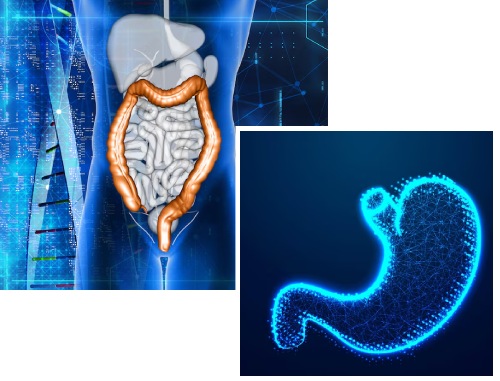
Types of Gastroenterology Conditions
Several types of conditions fall under gastroenterology, including:
- Gastroesophageal Reflux Disease (GERD)
- Irritable Bowel Syndrome (IBS)
- Inflammatory Bowel Disease (IBD)
- Celiac Disease
- Hepatitis
- Liver Cirrhosis
- Gallstones
- Pancreatitis
- Esophageal Disorders
- Colon Polyps and Colorectal Cancer
Types of Gastroenterology Treatments Available At Our Clinic
Reach out to the best gastroenterologists in Newtown if you need treatments for any of these conditions.

Ulcers

Diarrhoea

Reflux Diseases

Constipation

Fatty Liver
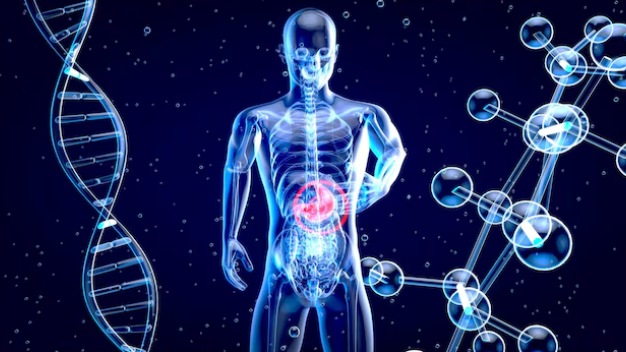
Symptoms of Gastroenterology Diseases
Gastroenterology diseases can present a wide range of symptoms, including:
- Abdominal Pain
- Nausea and Vomiting
- Diarrhoea
- Constipation
- Heartburn
- Bloating and Gas
- Fatigue
- Changes in Appetite
- Jaundice
- Blood in Stool
Causes of Gastroenterology Problems
The causes of conditions treated in gastroenterology can vary widely, but they generally fall into several categories:
Infections
Bacterial, viral, or parasitic infections can lead to gastrointestinal disorders such as gastroenteritis, hepatitis, and food poisoning.
Inflammatory Conditions
Autoimmune disorders, such as Crohn’s disease and ulcerative colitis, result in chronic inflammation of the gastrointestinal tract.
Genetic Factors
Conditions like celiac disease can have a hereditary component, making some individuals more susceptible.
Lifestyle Factors
Poor diet, lack of exercise, and excessive alcohol consumption can contribute to digestive issues like fatty liver, reflux diseases, and irritable bowel syndrome (IBS).
Medications
Certain medications, including antibiotics and nonsteroidal anti-inflammatory drugs (NSAIDs), can disrupt normal digestive function and lead to complications.
Structural Abnormalities
Issues such as hernias, strictures, and polyps can affect the GI tract’s function and lead to various symptoms.
Stress and Psychological Factors
Emotional stress can exacerbate conditions like IBS and gastroesophageal reflux disease (GERD).
Hormonal Changes
Hormonal fluctuations, particularly in women, can affect gastrointestinal function and symptoms.
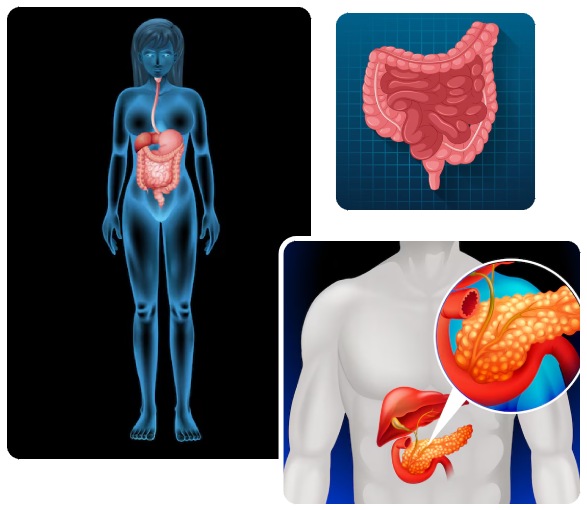
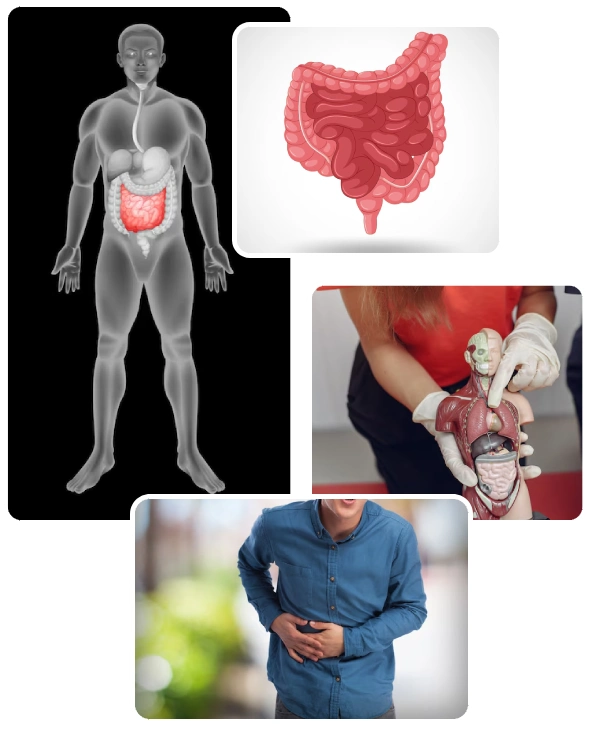
When Should I Consult A Gastroenterologist?
You should consider consulting a gastroenterologist if you experience any of the following:
Persistent Abdominal Pain
Ongoing discomfort that doesn’t improve or worsens over time.
Chronic Diarrhoea or Constipation
Changes in bowel habits lasting more than a few weeks.
Unexplained Weight Loss
Significant weight loss without changes to diet or exercise.
Blood in Stool
Any presence of blood, whether bright red or dark, should be evaluated.
Severe Heartburn or Acid Reflux
Frequent episodes that disrupt your daily life or sleep.
Nausea or Vomiting
Continuous nausea or vomiting that is not linked to a known cause.
Bloating and Gas
Persistent bloating or excessive gas that affects your comfort.
Jaundice
Yellowing of the skin or eyes, which may indicate liver problems.
Family History of Gastrointestinal Diseases
If you have a family history of conditions like colon cancer, IBD, or liver disease, regular check-ups may be necessary.
Difficulty Swallowing
Trouble swallowing food or feeling like it gets stuck in your throat.
Are you suffering from gastric issues? Reach out to our gastroenterologists for comprehensive diagnosis and treatment.
Frequently Asked Questions
What types of treatments for gastrointestinal disorders?
Treatments of gastroenterology vary widely and can include lifestyle changes, medications, dietary modifications, and surgical interventions depending on the specific condition.
What common tests in gastroenterology?
Common tests in gastroenterology include endoscopy, colonoscopy, imaging studies (like CT scans), and laboratory tests (like stool analysis).
How are gastrointestinal problems diagnosed?
Diagnosis involves a review of your medical history, physical examinations, and diagnostic tests such as imaging studies and endoscopies.
How do I know if gastroenterology surgery is necessary for my condition?
Surgery is considered when other treatments have failed, or if there is a serious or life-threatening condition that requires immediate intervention.
How do I prepare for a specific gastroenterology procedure?
Preparation varies by procedure. Follow the doctor’s instructions, which may include dietary restrictions or bowel preparation for colonoscopy.
What environmental factors can impact gastrointestinal health?
Environmental factors include exposure to pollutants and access to healthcare resources, which can all affect gastrointestinal health.
